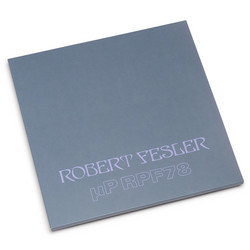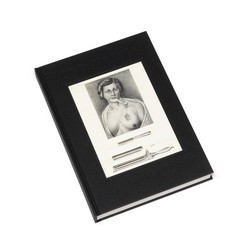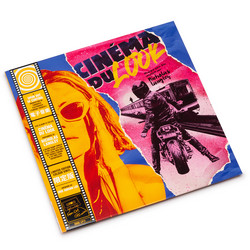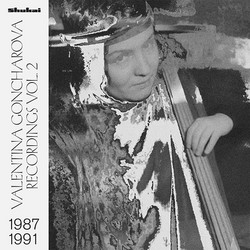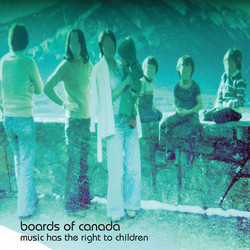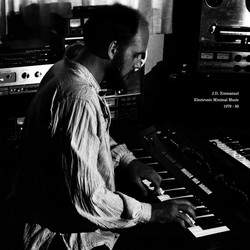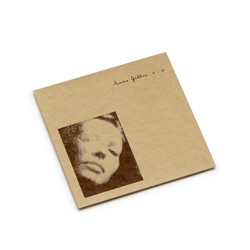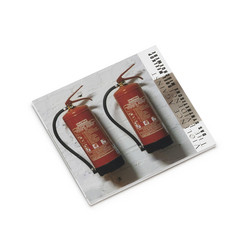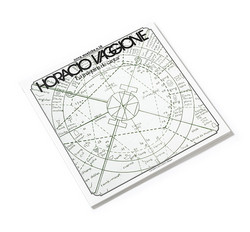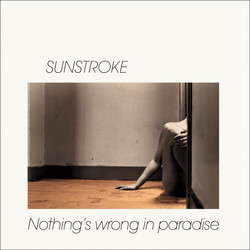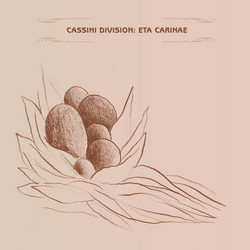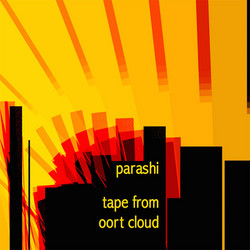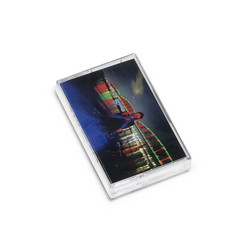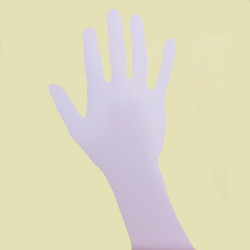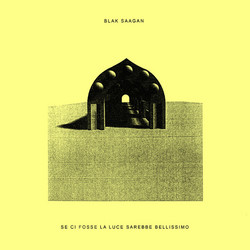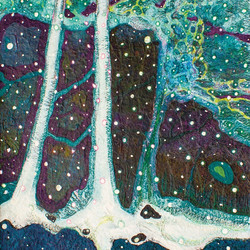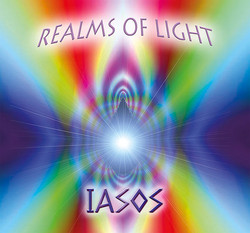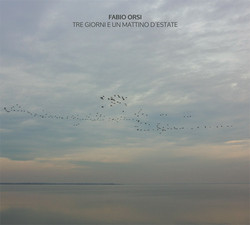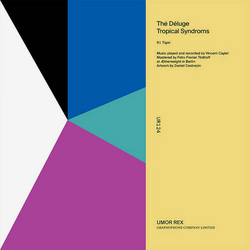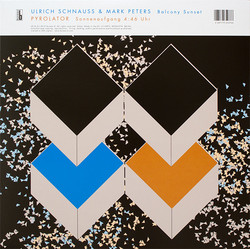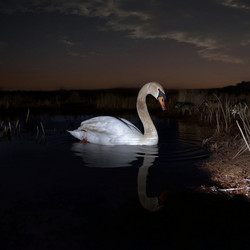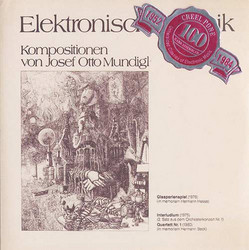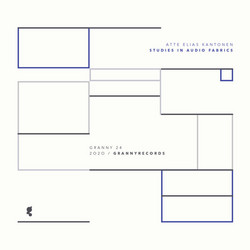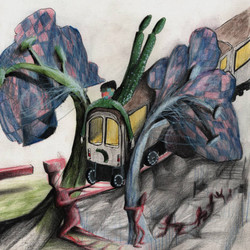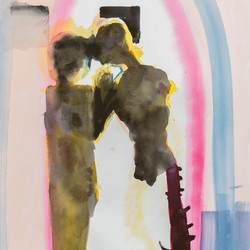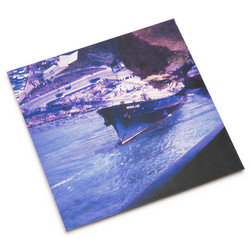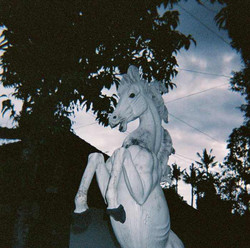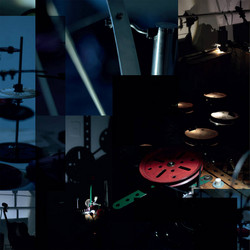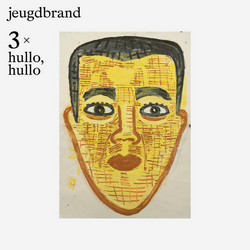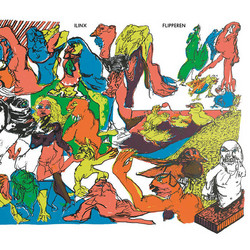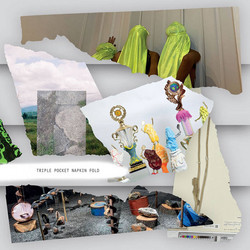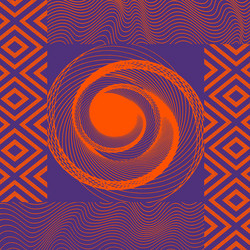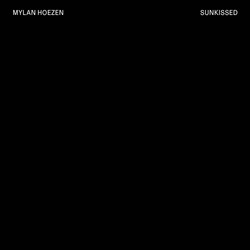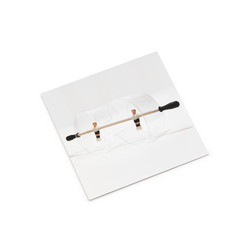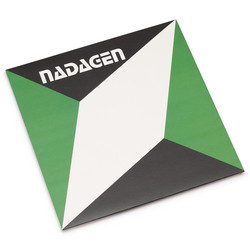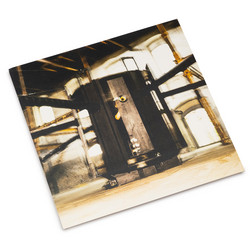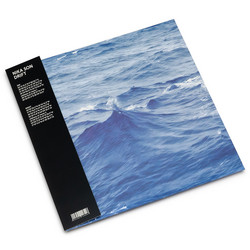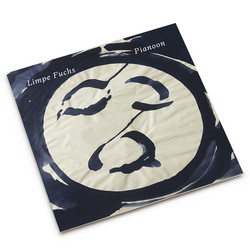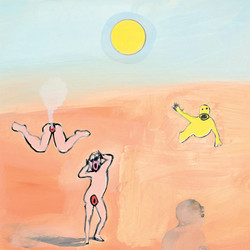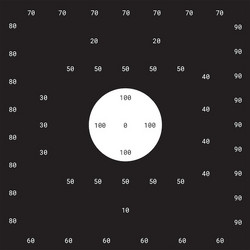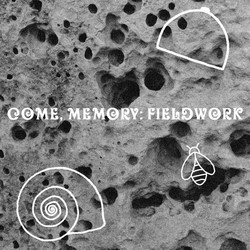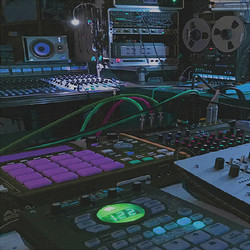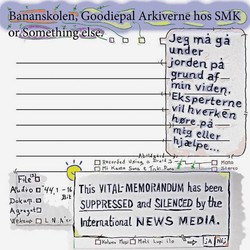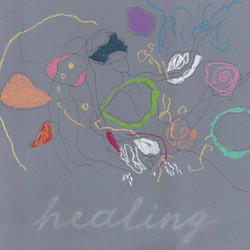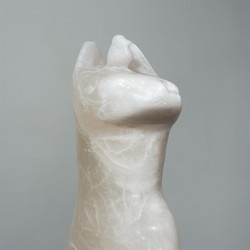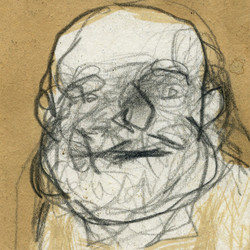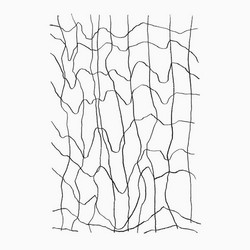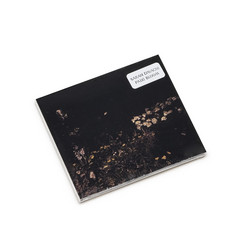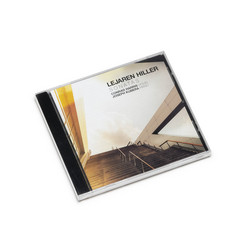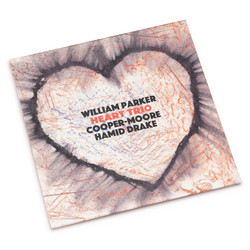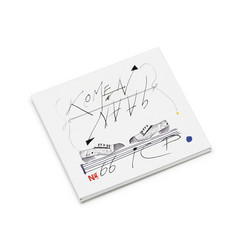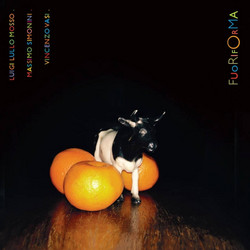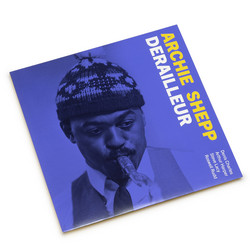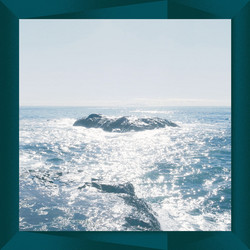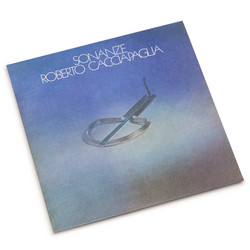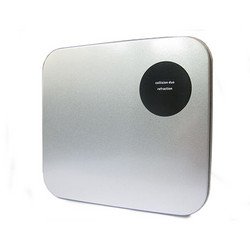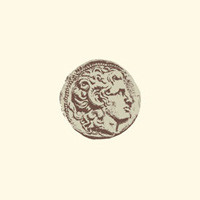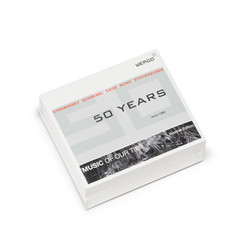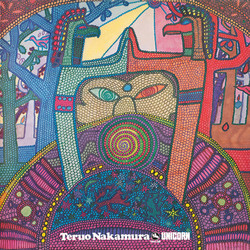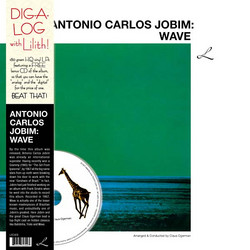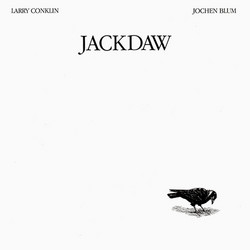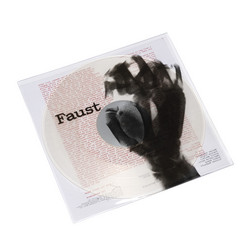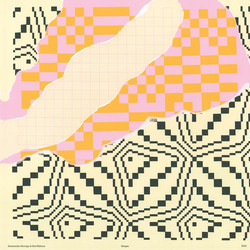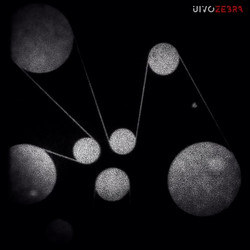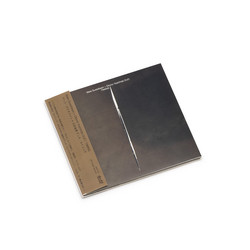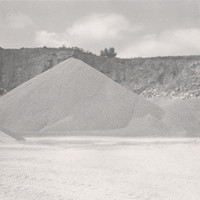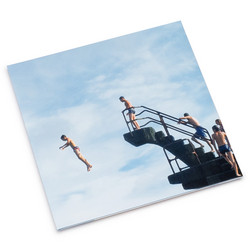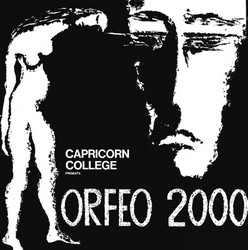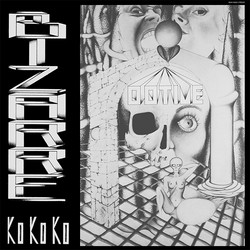It would be hard to find a better soundtrack for these uncertain times than multidisciplinary artist Viktor Timofeev’s latest record Exocursion. In terms of composition and sound design, the album is a progression from his earlier efforts Give_health999 and the long-ago recorded but only recently released Palace of Peace and Reconciliation (both on Lo Bit Landscapes). The music is built from a similar structure of layered guitar loops, orchestral bass chords and manipulated field recordings. Timofeev’s maturation as an artist means that these foundations have been constructed into a more emotionally and conceptually focused whole.
Timofeev was born and raised in Riga, Latvia and has recently lived in London, Berlin, Rotterdam and New York. While often collaborating with artists from these various scenes – including Kaspars Groševs (Zolitude, Quantum Natives, 2017), Bryce Hackford (Safe [Exits], Spring Theory, 2020), and nihiti (For Ostland, Lo Bit Landscapes, 2014) – Timofeev’s work has always stubbornly remained his own. His music, just one branch of his work, is complimented by experimental games, drawings, paintings and performances. Timofeev’s output is united by an interest in systems that are interwoven to the point of absurdity; logic is pushed to the limits of comprehension. This is evident in his self-playing simulations, labyrinthine works on paper and throughout the new album. Each track on Exocursion consists of mutating iterations of a single loop, growing and occasionally contracting between cycles. There is something undeniably Eastern European to it. The modal harmonies conjure a stroll through a decaying landscape littered with post-Soviet monuments, while its repetitive nature calls to mind an expansive horizon of monotonous civic infrastructure.
Exocursion is not without hopeful elements. The Eno-esque pitch bent emanations on the album opener ‘Lament Of The Ur’ provide a hazy, out-of-focus omen of what’s to come. The slow-paced swells function as a palate cleanser, a bridge between the outside world and the immersive deep listening that the album encourages. ‘Kairos’, the album’s centrepiece, clocks in at over seventeen minutes but never stands still. Beginning with a seemingly simple bass riff, the song progresses with waves of melodic devastation crashing over the horizon. By its climax, ‘Kairos’ reaches for the infinite, echoing the expansive soundscapes of Klaus Schulze but with a grittier palette more akin to the work of Fennesz. ‘Artificial Life and Death’, the fragmented, phasing, player piano song is vaguely reminiscent of a Four Tet melody and is accompanied by an animated film Timofeev made with Finnish artist Jaakko Pallasvuo. The film is a time lapse of a collaborative online drawing. In it, two minds mould a black-and-white world out of doodles, graphs, fictional alphabets and found imagery: its fleeting clarity synced to the stuttering, eccentric rhythms of the song.
Exocursion is a word made up by Timofeev, a combination of ‘exo’ and ‘excursion’, roughly translating to a journey outside of oneself. It acts as an invitation to listeners, too, to explore the album’s foreign landscape. Each track has a visual counterpart printed on the back cover, illustrating an idiosyncratic musical notation that forms the compositional skeleton of the music. The hand-drawn diagrams pose more questions than answers, leaving the listener with a roadmap to a territory that eschews order and embraces the ineffable.
